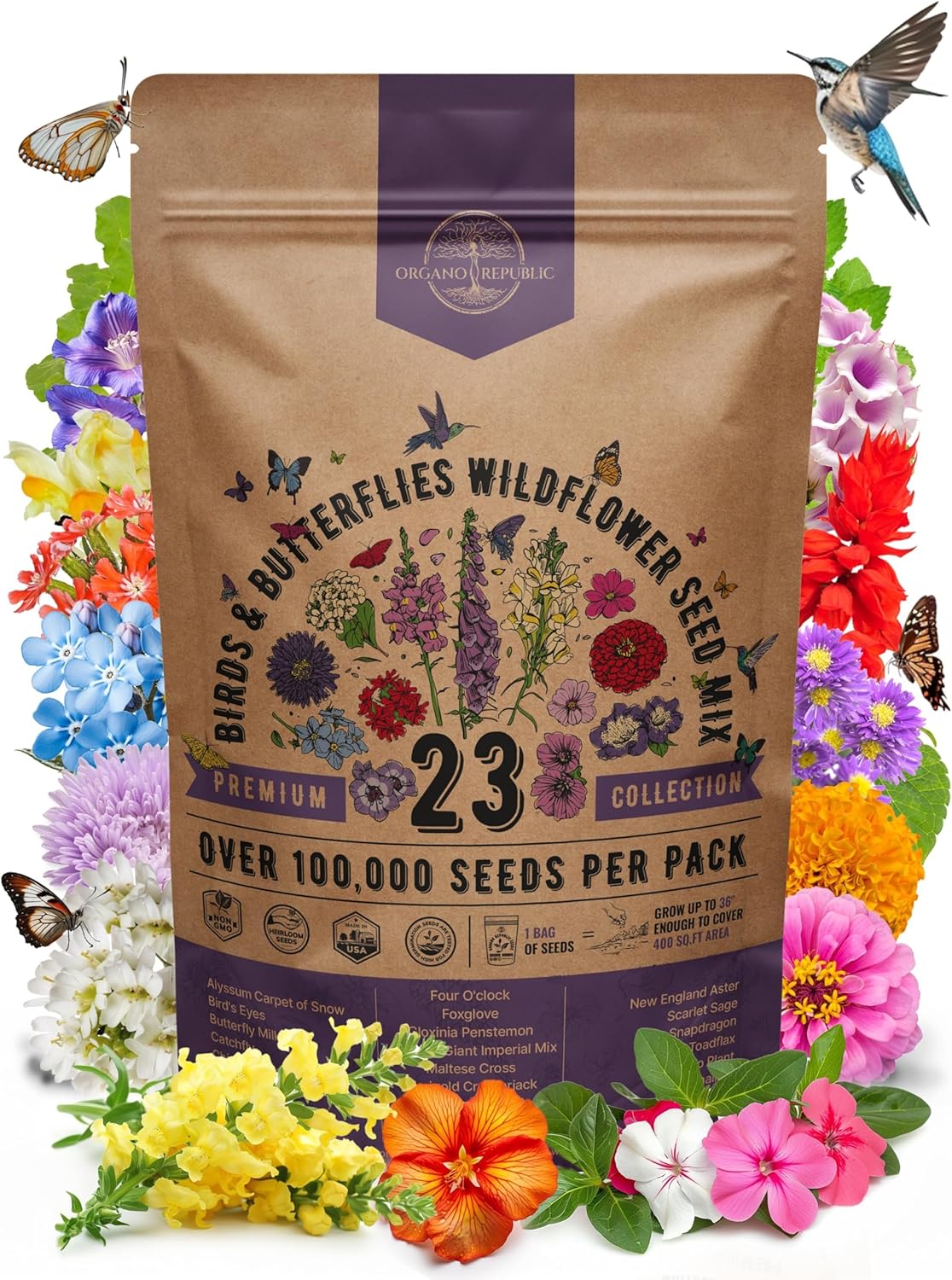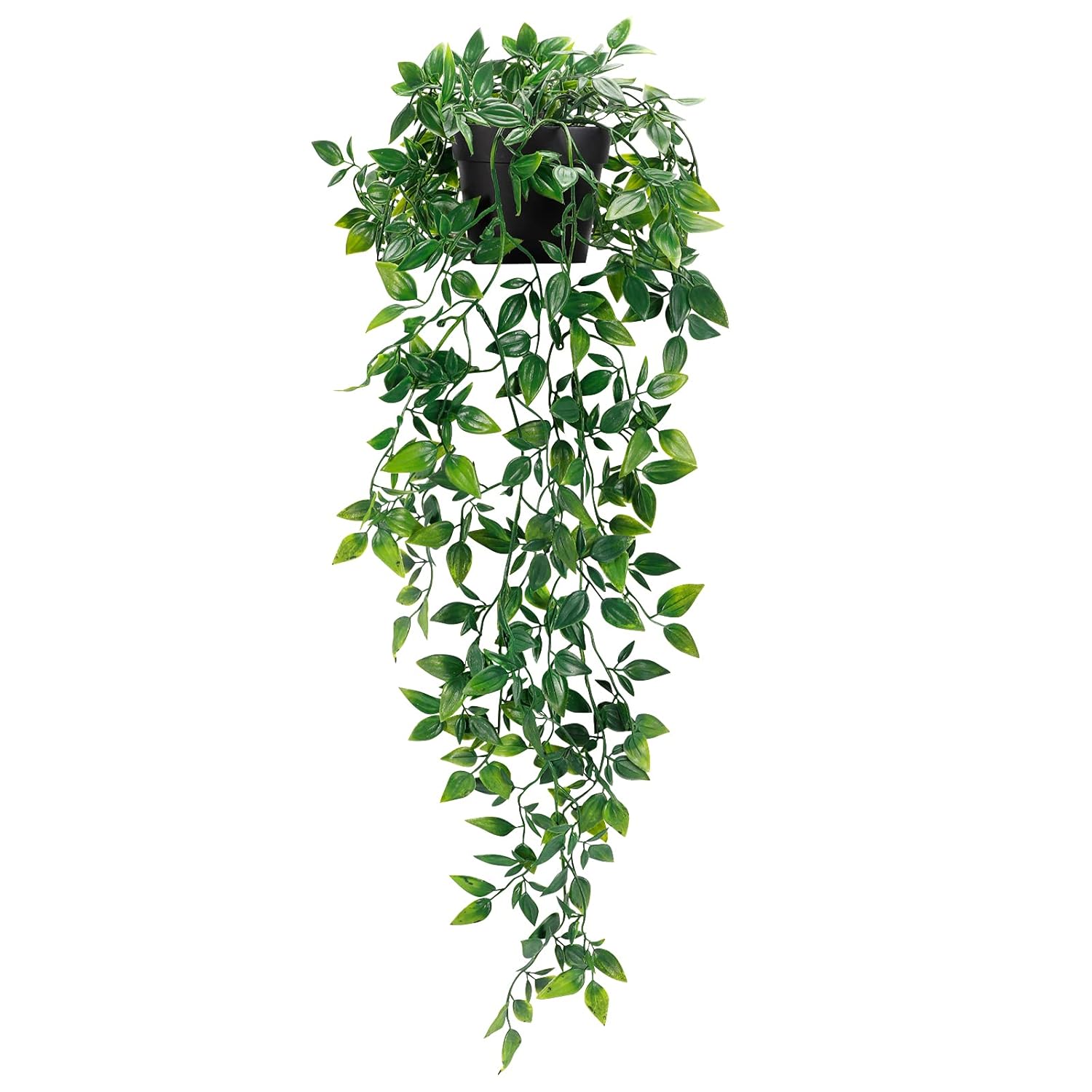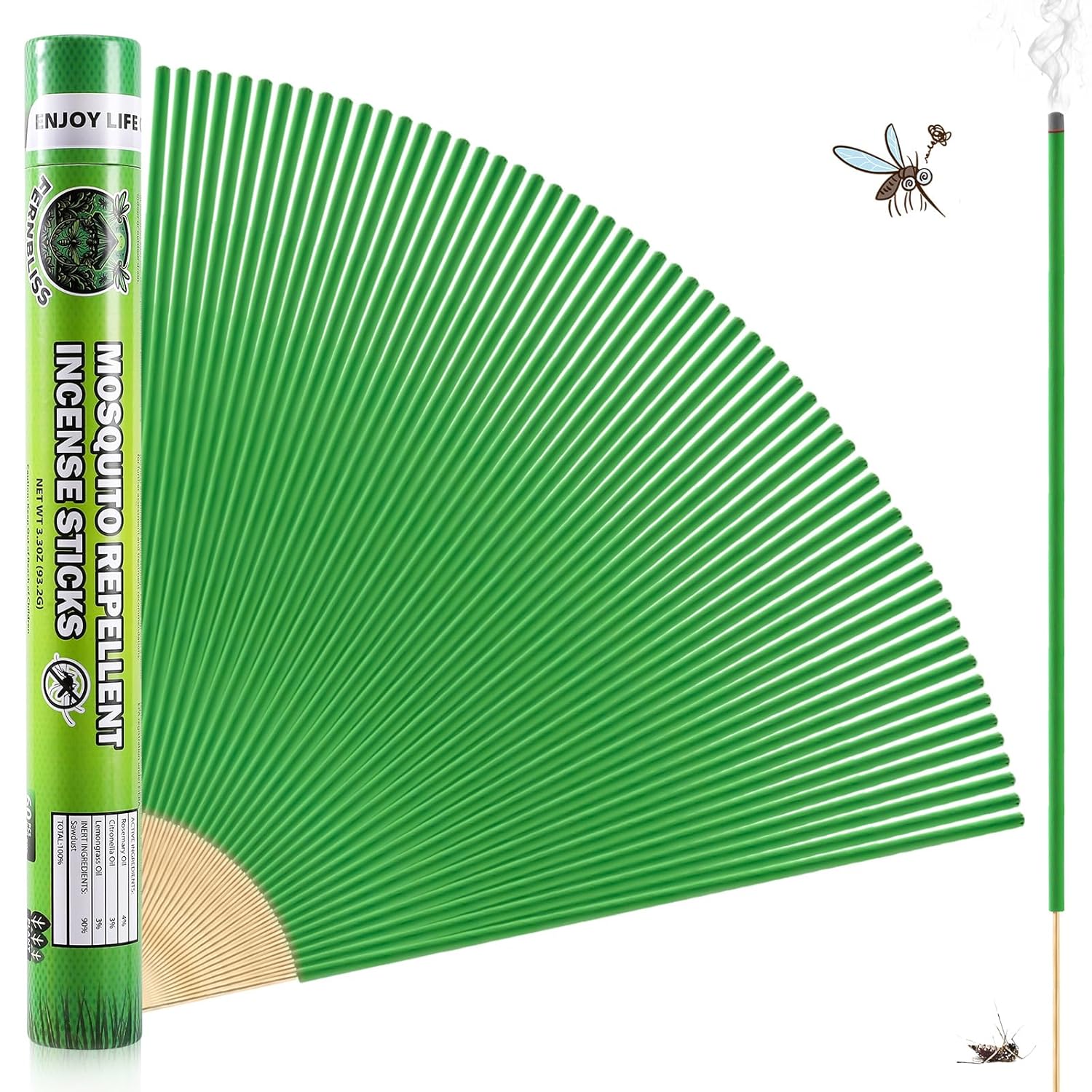Introduction to
Wildflower seeds are native and non-native flowering plants that thrive in various environments, often found in meadows, prairies, and open fields. Unlike regular flower seeds, specifically cultivated for ornamental purposes, wildflower seeds are typically sourced from plants that contribute to local ecosystems. These seeds play a vital role in supporting biodiversity, promoting a balanced environment, and fostering the health of pollinators such as bees, butterflies, and other beneficial insects.
The importance of wildflower seeds cannot be overstated, particularly in the context of sustainable gardening practices. They contribute to ecological health by enhancing soil quality and providing food and habitat for wildlife. When planted, wildflowers create natural habitats, serve as a food source for pollinators, and even help to prevent soil erosion. Their deep-rooted systems improve soil stability, which can mitigate the impact of heavy rainfall and flooding in certain areas.
Furthermore, wildflower seeds are designed to be hardy and resilient, adaptable to various growing conditions. This adaptability makes them an excellent choice for gardeners interested in creating low-maintenance gardens that require less irrigation and fewer chemical inputs. By selecting local or native wildflower seeds, gardeners can ensure they support the ecosystem, as these plants are already well-suited to the local climate, soil, and biological community.
Moreover, cultivating wildflowers contributes to beautifying landscapes while serving a greater ecological purpose. The vibrant colors and varied textures of wildflowers provide visual interest and enhance the natural beauty of any garden or natural setting. Thus, incorporating wildflower seeds into gardening practices promotes sustainability, increases biodiversity, and ultimately creates enriching environments for both humans and wildlife alike.
Overview of Organo Republic 23 Wildflower Seeds
Organic Republic 23 Wildflower Seeds Annual blend represents an exquisite selection of the most vibrant and diverse wildflower species, thoughtfully curated to create an enchanting floral display. This unique blend includes a range of annual wildflowers, expertly sourced to thrive in a variety of conditions and climates across North America. Among the notable species included are the California Poppy, Cornflower, and Black-eyed Susan, each contributing its distinct color and charm to the garden landscape.
The growth habits of the wildflowers in this mix are particularly appealing to both novice and experienced gardeners. Many of the species are easy to grow and can flourish in various soil types, making them suitable for diverse gardening settings. Typically, these wildflowers will bloom within 60-90 days after sowing, providing a colorful spectacle that can last throughout the warmer months. The annual nature of this blend means that while the flowers will not return year after year, they offer a quick solution for those looking to fill their gardens with vibrant life and spontaneous beauty.
Native regions for these wildflowers vary, allowing for a well-rounded selection that can adapt to different environmental conditions. As many of these species are indigenous to North America, they are well-suited to local conditions and can easily encourage ecosystems that support pollinators like bees and butterflies. This ecological benefit, along with their aesthetic appeal, makes the Organo Republic 23 Wildflower Seeds Annual blend an excellent choice for gardeners aiming to create visually stunning and environmentally friendly landscapes. With a simple sowing process and minimal maintenance, gardeners can enjoy the scenic beauty that these wildflowers bring to their outdoor spaces.
Advantages of Planting Annual Wildflowers
Planting annual wildflowers offers several benefits that appeal to gardeners of all experience levels. One of the most significant advantages is their rapid growth rate. Unlike perennials, which may take years to establish, annual wildflowers germinate quickly and typically bloom within a few months after sowing. This swift development means that gardeners can enjoy vibrant colors and textures in their landscapes without waiting for extended periods.
Another compelling reason to consider annual wildflowers is their ability to provide continuous blooms throughout the growing season. Many varieties flower for several months, ensuring that the garden remains lively and colorful from spring until the first frost. This extended blooming period enhances the visual appeal of any outdoor space, making it an excellent option for those seeking to create a stunning garden display quickly.
Maintenance is another area where annual wildflowers excel. Compared to perennials, which often require more care, including regular dividing and more intricate watering routines, annuals tend to be much easier to manage. With fewer ongoing requirements, novice gardeners or those who prefer low-maintenance options can grow a beautiful garden without feeling overwhelmed. Most annual wildflowers are resilient and adaptable, withstanding varying weather conditions and pest pressures. This hardiness further contributes to their appeal, making them an ideal choice for those not wishing to invest substantial time or resources into garden upkeep.
Additionally, by incorporating annual wildflowers into your garden, you can create instant color and character while promoting local biodiversity. These flowers attract pollinators and beneficial insects, which can contribute positively to the overall health of your garden ecosystem. As a result, planting annual wildflowers is not just about aesthetic pleasure; it also fosters a thriving habitat for wildlife.
Planting and Care Tips for Organo Republic Wildflower Seeds
Successfully planting and caring for Organo Republic 23 Wildflower Seeds requires a thoughtful approach, beginning with soil preparation. Wildflowers thrive in well-draining soil with a slightly acidic to neutral pH. Before sowing, it is advisable to conduct a soil test to determine pH levels and nutrient content. To enhance soil quality, incorporate organic matter, such as compost or well-rotted manure, to enrich nutrients and improve drainage.
When it comes to seed sowing, timing is essential. The optimal planting period for these wildflower seeds typically spans from early spring to early fall, depending on your climate. Before scattering the seeds, ensure that the soil is loosened and free of weeds or debris. For best results, directly sow the seeds onto the surface of the soil, then lightly rake or press them in to ensure good seed-to-soil contact. A sowing depth of approximately 1/8 inch is generally recommended, as wildflower seeds require light for germination.
Establishing a consistent watering schedule is crucial for the successful germination and growth of wildflower seeds. After sowing, gently water the area to maintain slight moisture, being cautious not to create waterlogged conditions. Depending on the climate, watering may be required several times a week until seedlings are established. Once mature, many wildflower species are drought-tolerant and may require less frequent watering.
Pest management is another important aspect of nurturing your Organo Republic wildflower garden. Regularly inspect the plants for signs of pests, such as aphids or caterpillars. Natural pest control methods, including insecticidal soap or introducing beneficial insects, can effectively combat these issues without harming the delicate ecosystem of wildflowers.
By following these tips on soil preparation, sowing techniques, watering, and pest management, gardeners can create a thriving habitat that showcases the beauty of Organo Republic 23 Wildflower Seeds.
Creating a Pollinator-Friendly Garden with Wildflowers
Creating a pollinator-friendly garden is an essential step towards supporting the environment, and utilizing Organo Republic 23 wildflower seeds can significantly enhance this effort. Pollinators, including bees, butterflies, and various beneficial insects, play a crucial role in our ecosystems by facilitating the process of plant reproduction. These species contribute to the growth of our food sources and the overall health of our flora, making their protection vital in today’s changing climate.
To effectively attract pollinators, it is important to select wildflowers that are native to your region, as these plants are best adapted to local conditions and are more appealing to native pollinator species. The Organo Republic 23 wildflower seeds contain a diverse mix of blooms that are particularly suited for attracting a variety of pollinators. By planning your garden layout to include these vibrant wildflowers, you can create habitats that provide essential nectar and pollen sources.
When designing your garden, consider incorporating flowers that bloom at different times throughout the growing season. This will ensure a continuous supply of food for pollinators. Additionally, grouping similar plants, as clusters of the same species is more enticing to bees and butterflies. Focus on creating a varied landscape—use both annuals and perennials to maintain color and provide sustenance year after year.
Furthermore, opt for pesticide-free gardening practices to protect pollinator health. Implementing methods such as organic pest control and providing water sources not only attracts pollinators but also encourages a natural balance within the garden ecosystem. By fostering biodiversity, your garden will thrive, and so will the essential insect populations responsible for maintaining ecological integrity.
In conclusion, cultivating a pollinator-friendly garden with Organo Republic wildflower seeds contributes to ecological health while providing a beautiful and vibrant outdoor space. With thoughtful planning and care, you can create an ideal habitat for these vital creatures, ultimately supporting the environment.





